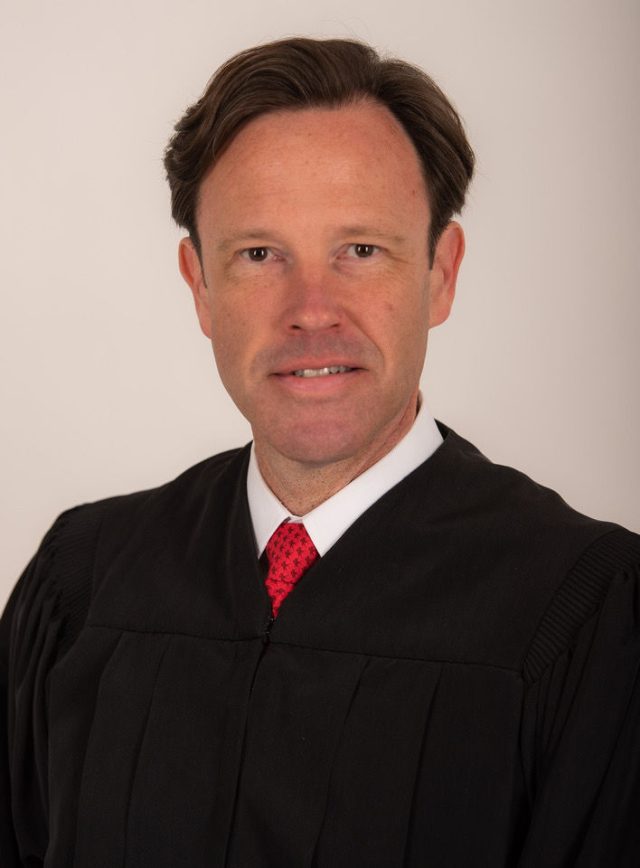Child porn case blazes trail for cops
Published 12:00 am Friday, August 7, 2009
A guilty plea entered by Brentley Helson earlier this week in Warren Circuit Court stood as a landmark conviction for local law enforcement.
Helson, 24, who awaits sentencing on 10 counts of possession of matter portraying a sexual performance by a minor in connection to child pornography found on his computer, was the first person convicted in an investigation involving forensic computer analysis handled exclusively by local police.
The Bowling Green Police Department features two officers, Detective Mike Lemon and Sgt. Gary Spillman, who are trained to conduct forensic computer analysis, a key component of child pornography, fraud, counterfeit check and other investigations in which computers figure prominently.
Lemon, a former liaison officer with the Secret Service’s Electronic Crimes Task Force, said that local law enforcement recognized the need to have the in-house capability to conduct forensic analysis of computers due to the increasing number of cases involving computers.
“Ten years ago very few people had personal computers, but now we have people who are longtime criminals who have the ability to print counterfeit checks, so (crimes involving computers) are not going to be something that take a highly technical person to do anymore,” Lemon said.
Lemon completed five weeks of training last year at the National Computer Forensics Lab in Hoover, Ala., under the Secret Service to gain the expertise needed to operate the software used in forensic computer analysis. Spillman underwent similar training earlier this year.
A third officer, Detective Tim Wilson, will soon take part in the same training in Alabama, Lemon said.
After Spillman and Lemon completed their training, the two BGPD officers returned to Bowling Green with more than $50,000 worth of forensic computer analysis equipment for each examiner.
The expertise and equipment led to Helson’s arrest late last year and an indictment in January. He later admitted in court to downloading child pornography to his computer from a peer-to-peer file-sharing network.
Warren County Commonwealth’s Attorney Chris Cohron said that having the capability to examine digital evidence in criminal investigations locally means cases are prosecuted more quickly.
“There had been so many of these cases starting to come down in the last few years, and a lot of times we’d defer prosecution to federal court,” Cohron said.
Prior to the BGPD obtaining the forensic analysis equipment, Cohron said computers suspected of having child pornography or containing digital evidence of other crimes would be analyzed at the Kentucky State Police Central Crime Lab in Frankfort, the Regional Organized Crime Information Center in Nashville – of which the BGPD is a member agency – or the Regional Computer Forensics Laboratory in Louisville.
“With what we had to do in the past when we had to send a computer off, sometimes it might be a year or a year and a half until we could get a forensic computer analysis,” Cohron said. “The only agencies doing this extensive work in-house are in Louisville, Lexington and Boone County.”
Lemon said in addition to the reduction in lag time by sending the computer to another agency, local analysis results in a greater amount of interaction about the case between forensic analysts and the investigating officers.
“I went to a seminar about a year ago (held by) Microsoft and they said that approximately 80 percent of all crime has a computer in it nowadays,” Lemon said, noting that includes smart phones as well as desktop and laptop computers.
Cohron said that a second child pornography case against a Bowling Green man, Oliver Westerfield, who is under indictment on eight counts of distribution of matter portraying sexual performance by a minor, two counts of harassing communications and one count of distribution of obscene matter to a minor, is also being handled locally.
Westerfield was arrested by the Warren County Sheriff’s Office and the BGPD offered assistance in the investigation.
Additional cases involving forensic computer analysis are under active investigation, Cohron said.






